Introduction
Birth defects (or congenital anomalies) are structural or functional anomalies that occur during intrauterine life and can be identified prenatally, at birth or later in life.
Birth defects are a major cause of newborn deaths and can result in long term disability.
In 50% of cases, the exact cause of birth defect can not be identified, there are some risk factors that can be identified. Birth defects can be caused by single-gene defects, chromosomal disorders, multifactorial inheritance, and micronutrient deficiencies.
Number of deaths due to birth defects
According to the World Health Organisation (WHO) in 2010, an estimated 270,000 deaths during the first 28 days of life were reported due to congenital anomalies.
What are the major types of birth defects?
Common serious birth defects of genetic or partially genetic origin in 2001 were:
- Congenital heart defects
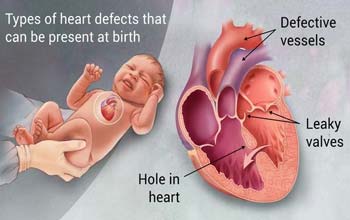
- Neural tube defects (defects related to brain and spinal cord)

- Hemoglobin disorders and sickle cell disease
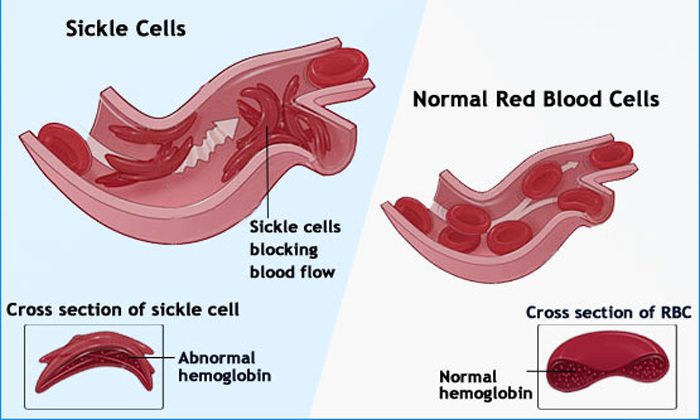
- Down syndrome


What are the four common post-conception birth defects?
- Fetal alcohol syndrome
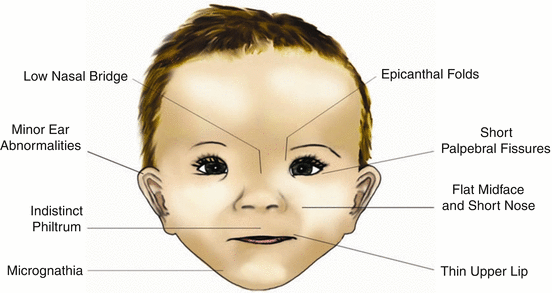
- Iodine deficiency disorder
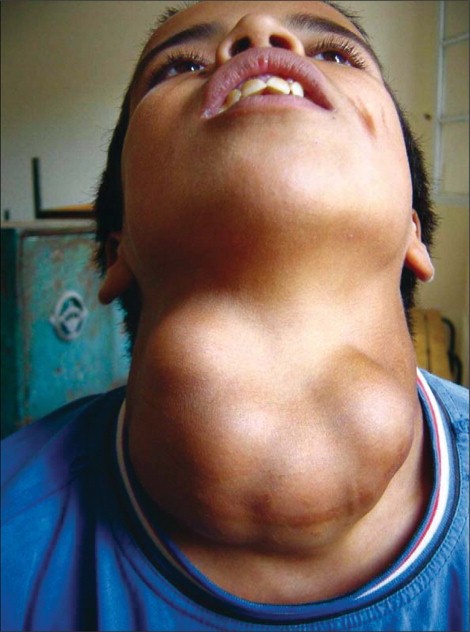
- Congenital Rubella syndrome
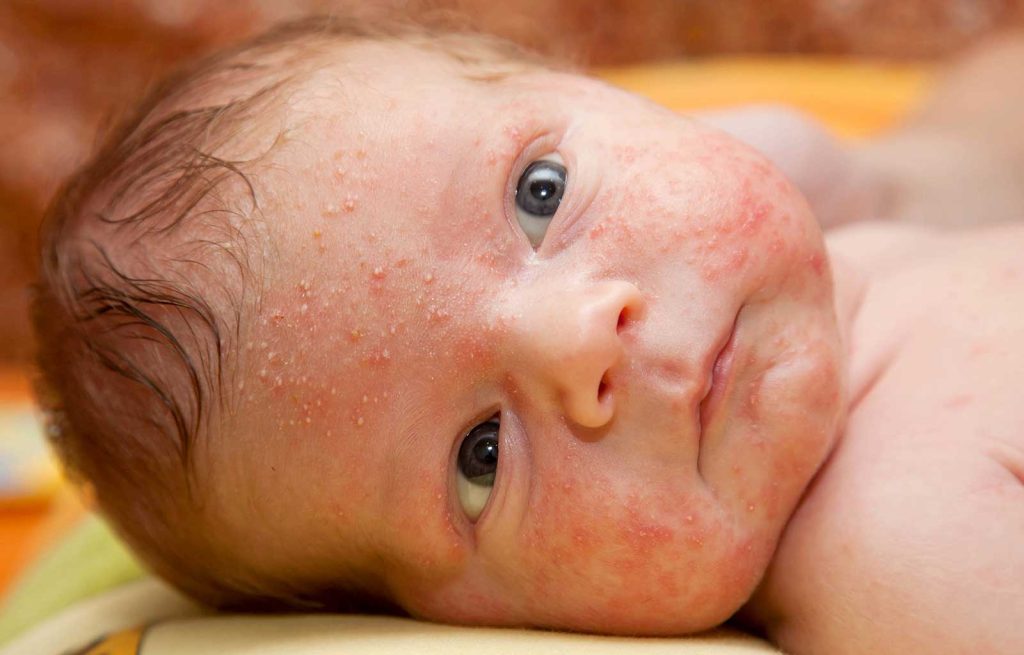
- Congenital syphilis.
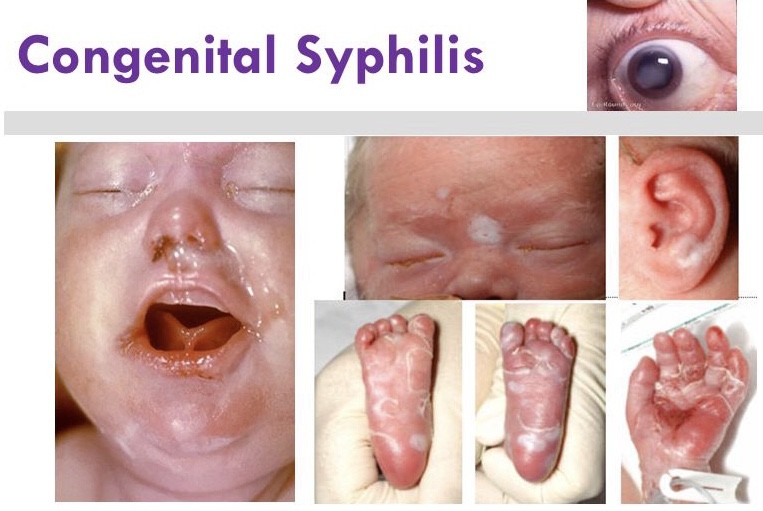
How birth defects can be prevented?
Basic reproductive health approaches includes-
- Family welfare services: Enabling couples to space pregnancies, define the ages at which they wish to complete their family
- Maintaining good preconception health of women: By improving their diet throughout their reproductive years with an adequate amount of macronutrients and micronutrients (vitamins and minerals -iron, iodine, and folic acid). Folic acid supplementation prevents neural tube defects. As the neural tube closes by 28th day after conception, when a woman might not know she is pregnant and most of pregnancies are not planned; all women who can become pregnant should take folic acid supplementation every day.
- Promoting healthy lifestyle measures such as abstain from or restrict the intake of harmful substances (such as alcohol, smoking including passive smoking).
- Controlling pre-conceptional medical conditions/diseases such as insulin-dependent diabetes mellitus, epilepsy, and STIs.
- Improving the coverage of rubella vaccination to all school-aged children and adolescents. The rubella vaccine can also be given (at least 1 month prior to pregnancy) to women who have not been vaccinated and do not have a history of rubella in childhood (two doses of rubella vaccine at an interval of four weeks).
- Avoiding environmental exposure to hazardous substances at home and workplace (e.g. heavy metals, pesticides) before and during pregnancy.
- Avoid harmful drugs and medical radiation during pregnancy and ensuring that any medications or medical radiation (e.g. imaging rays) given during pregnancy are safe and justified.
- As a rule, no medication should be taken during pregnancy without the advice of a doctor.
If you need any further information, you can contact us at Motherhood Chaitanya Hospital or call us at 0172-5088088.
